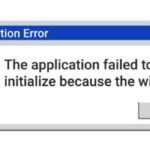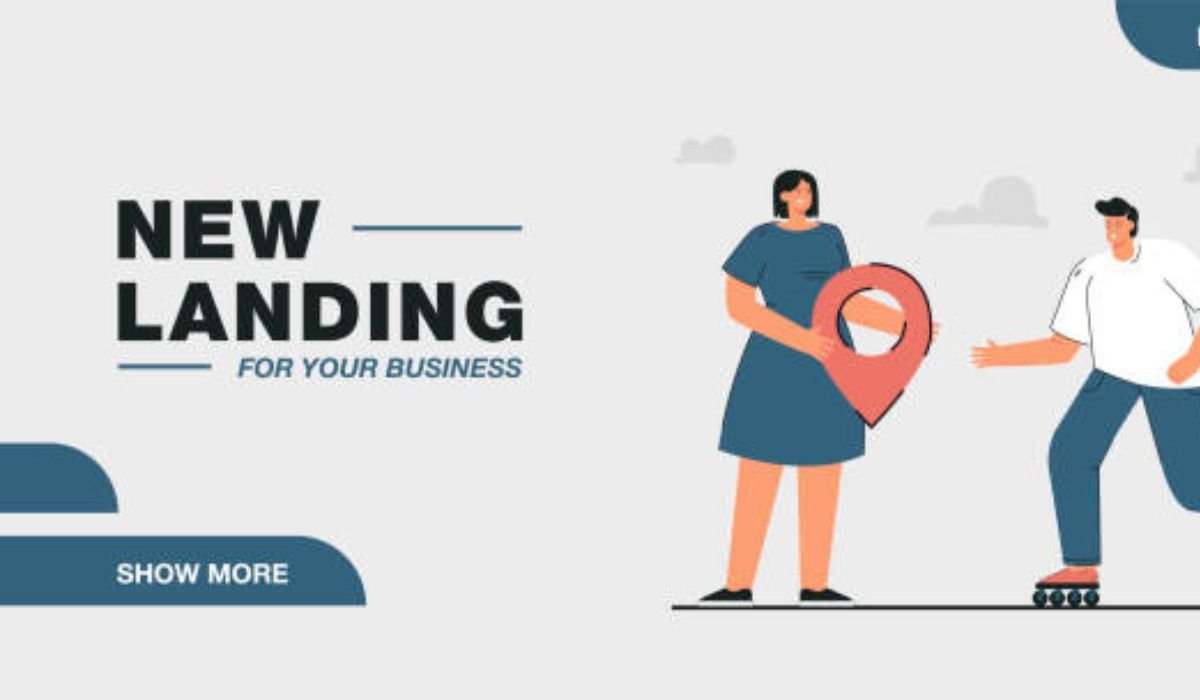How to Check Your Credit Report Safely
When was the last time you checked your credit report? If you’re like most people, you might only think about it when you’re about to buy a car or apply for a mortgage. But your credit report plays a much bigger role in your financial life than you might realize.
Checking your credit report regularly is one of the simplest ways to keep your finances on track, catch errors, and spot signs of fraud early. And if you’re working toward debt relief or paying down balances, keeping an eye on your credit can help you see your progress and protect the work you’re putting in.
The good news is that checking your credit report is easier and safer than ever — if you know how to do it right.
Why Checking Your Credit Report Matters
Your credit report is like a report card for your financial life. It shows your payment history, current debts, types of credit accounts, and even public records like bankruptcies. Lenders, landlords, and sometimes even employers use this information to decide if they want to work with you.
Errors on your report can lower your credit score and cost you money in the form of higher interest rates or lost opportunities. Fraudulent accounts or charges can also sneak in without you knowing, damaging your score and potentially costing you time and money to fix.
By checking your report regularly, you can catch these issues before they turn into bigger problems.
Where to Get Your Credit Report
Many websites promise to give you a free credit report, but not all of them are safe or reliable. The official place to get your free credit reports is AnnualCreditReport.com. This is authorized by federal law and allows you to get one free report each year from each of the three main credit bureaus: Equifax, Experian, and TransUnion.
During certain times (like after major data breaches or during special offers), you might be able to get them more often. But always start with this official site to avoid scams.
How to Request Your Report Safely
When you go to AnnualCreditReport.com, you’ll need to provide some personal information to verify your identity. This usually includes your Social Security number, date of birth, and address.
Make sure you’re on a secure internet connection when you do this. Avoid public Wi-Fi or shared computers to reduce the risk of someone stealing your information.
Once you’ve verified your identity, you can choose which bureau’s report you want to see. You can get all three at once or space them out throughout the year so you’re monitoring your credit more regularly.
What to Look for on Your Report
When you get your report, don’t just glance over it. Take your time and review each section carefully. Look for:
- Accounts you don’t recognize
- Incorrect balances or credit limits
- Payments marked as late that you know you paid on time
- Any public records that don’t belong to you
If you find something suspicious, act quickly. You can file a dispute with the credit bureau that provided the report. They are required to investigate and fix any errors if your claim is valid.
How This Helps With Debt Relief
If you’re working on debt relief, your credit report becomes even more important. You’ll want to make sure your balances are reported accurately and that any paid-off accounts are updated promptly.
Mistakes on your report can slow your progress and make it harder to qualify for better interest rates in the future. By checking regularly, you’re protecting all the hard work you’re putting into paying down your debts.
Keep Your Information Safe
When you finish reviewing your report, make sure you log out completely and close the browser tab. Don’t save your login details on shared devices.
If you decide to print your report, store it somewhere secure, like a locked drawer. Identity thieves would love to get their hands on that information, so treat it like you would any sensitive document.
How Often Should You Check?
Most experts recommend checking your credit report at least once a year, but if you’re actively working on your credit or going through debt relief, you might want to check more often.
Spreading out the three free reports throughout the year (for example, one every four months) is a great way to keep an ongoing eye on your credit without spending extra money.
Final Thoughts
Checking your credit report might not sound like the most exciting task, but it’s one of the most important habits you can build for your financial health. It helps you catch errors, spot fraud early, and stay motivated as you work toward your financial goals.
Whether you’re focused on saving, paying off debt, or working through debt relief, keeping an eye on your credit report is a simple step that can make a big difference.
Take a few minutes today to schedule a reminder to check your report. Your future self will thank you for taking this small but powerful step toward a safer and stronger financial future.
You May Also Read: Charfen.co.uk: Your Blueprint for Scaling Your Ambitious Business











